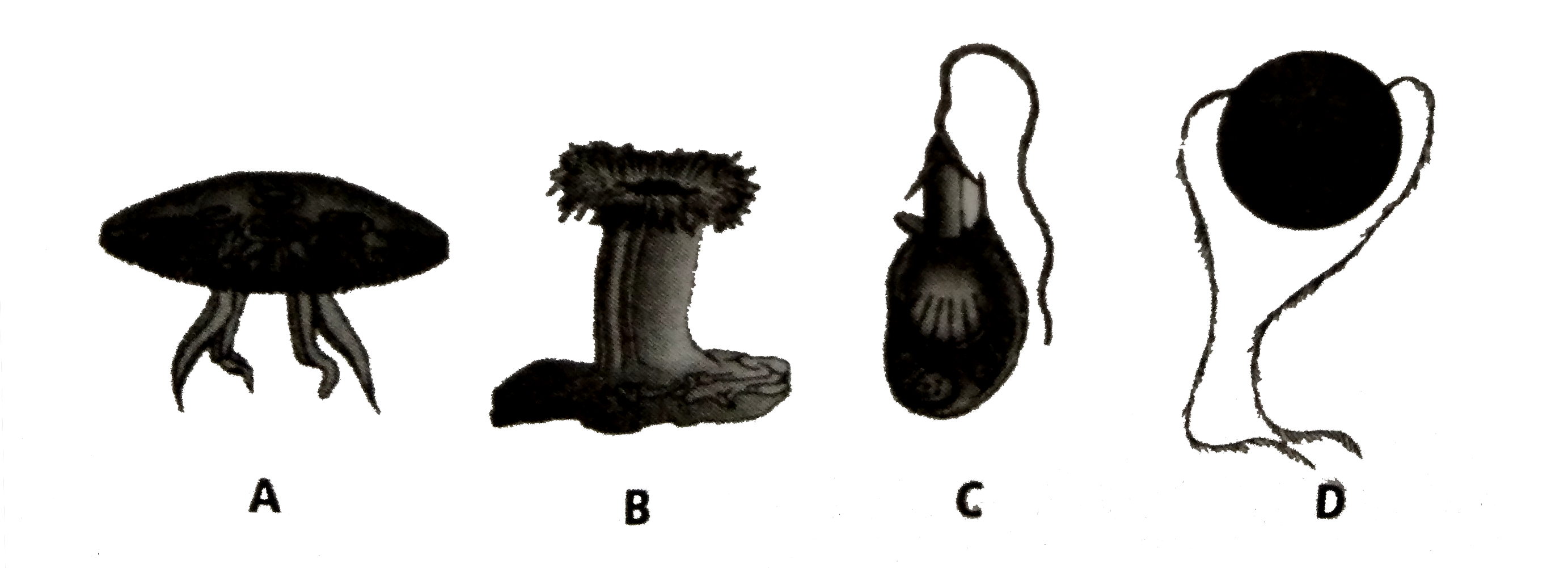Animals belonging to Phylum Chordata are fundamentally characterised by the presence of structures noted as A, B C and D. Identify them and select the correct option.
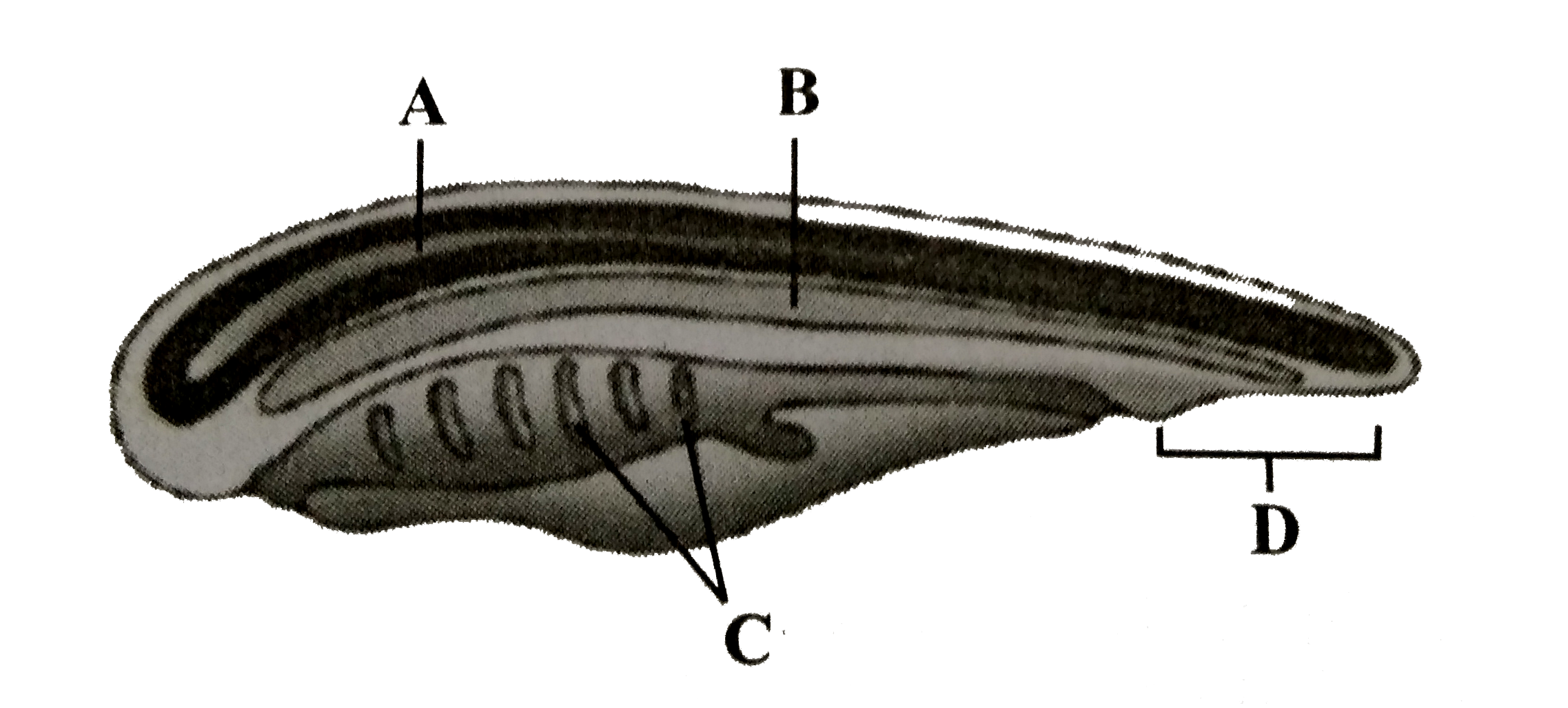
A
A-Notochord, B-Nerve cord,
C-Gill slits, D-Post-anal part
B
A-Nerve cord, B-Notochord,
C-Gill slits, D-Post-anal part
C
A-Nerve cord, B-Notochord,
C-Post-anal part, D-Gill slits
D
A-Nerve cord, B-Gill slits,
C-Notochord, D-Post-anal part
Video Solution
Text Solution
The correct Answer is:B
The given figure shows the internal organisation of a hypothetical chordate. It posseses notochord either during early embroyonic stage or throughout life. The notochord lies ventral to nerve cord . It posseses a post anal tail and paired pharyngeal gill slits .
|
Topper's Solved these Questions
Similar Questions
Knowledge Check
Animals belonging to phylum chordata are fundamentally characterized by the presence of structure noted as A,B,C and D. identify the names of A,B,C and d
 AA- Notochord, B - Nerve cord, C - Gill slits, D - Post-anal partBA- Nerve cord, B - Notochord, C-Gill slits, D - Post-anal partCA- Nerve cord, B - Notochord, C-Post-anal part, D - Gill slitsDA- Nerve cord, B - Gill slits, C- Notochord, D - Post-anal part
AA- Notochord, B - Nerve cord, C - Gill slits, D - Post-anal partBA- Nerve cord, B - Notochord, C-Gill slits, D - Post-anal partCA- Nerve cord, B - Notochord, C-Post-anal part, D - Gill slitsDA- Nerve cord, B - Gill slits, C- Notochord, D - Post-anal partAnimals belonging to phylum chordata are fundamentally characterized by the presence of structure noted as A,B,C and D. identify the names of A,B,C and d
 AA-Nerve cord, B-Gill slits, C-Notochord, D-Post-anal partBA-Nerve cord, B-Notochord, C-post anal part,D-Gill slitsCA-Nerve cord,B-Notochord,C-Gill slits,D-post-anal partDA-Notochored,B-Nerve Cord,C-Gill Slits,D-Post anal part
AA-Nerve cord, B-Gill slits, C-Notochord, D-Post-anal partBA-Nerve cord, B-Notochord, C-post anal part,D-Gill slitsCA-Nerve cord,B-Notochord,C-Gill slits,D-post-anal partDA-Notochored,B-Nerve Cord,C-Gill Slits,D-Post anal partIdentify a,b,c and d of nephron and select the correct option
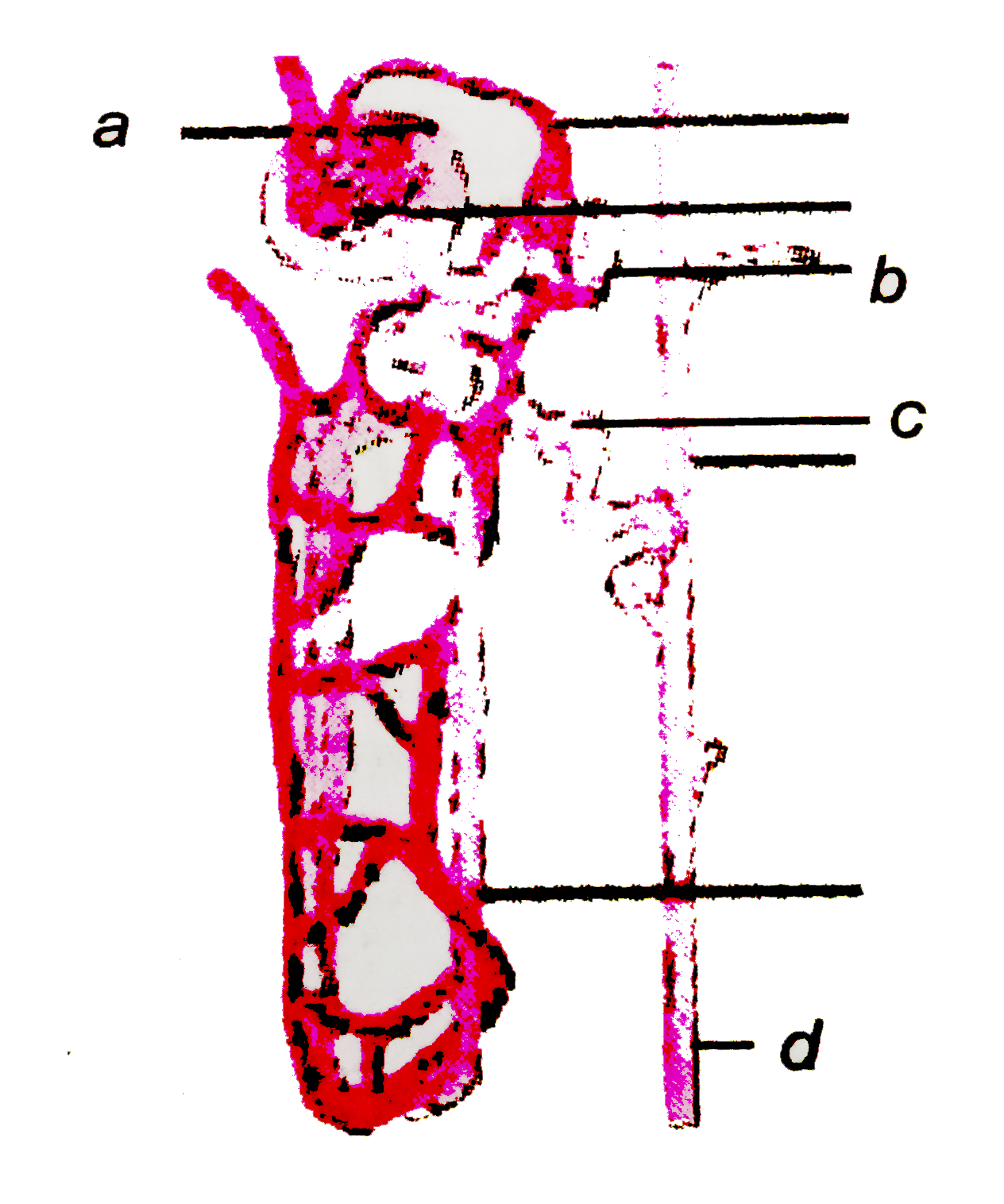 Aa- glomerulus - a tuft of capillaries formed by afferent arterioleBb-PCT - reabsorption of HCO−3 and selective secretion of H+ and K+ occurs hereCc−DCT− almost all glucose, amino acids, water, K+ and uric acid are absorbed hereDd - collecting duct - extends from cortex to inner part of medulla, large amount of water is secreted in this region
Aa- glomerulus - a tuft of capillaries formed by afferent arterioleBb-PCT - reabsorption of HCO−3 and selective secretion of H+ and K+ occurs hereCc−DCT− almost all glucose, amino acids, water, K+ and uric acid are absorbed hereDd - collecting duct - extends from cortex to inner part of medulla, large amount of water is secreted in this region
The three structural formulae A, B and C are given here. Identify them and select the correct option.

View SolutionIdentify the figures A,B, C and D and select the correct option.
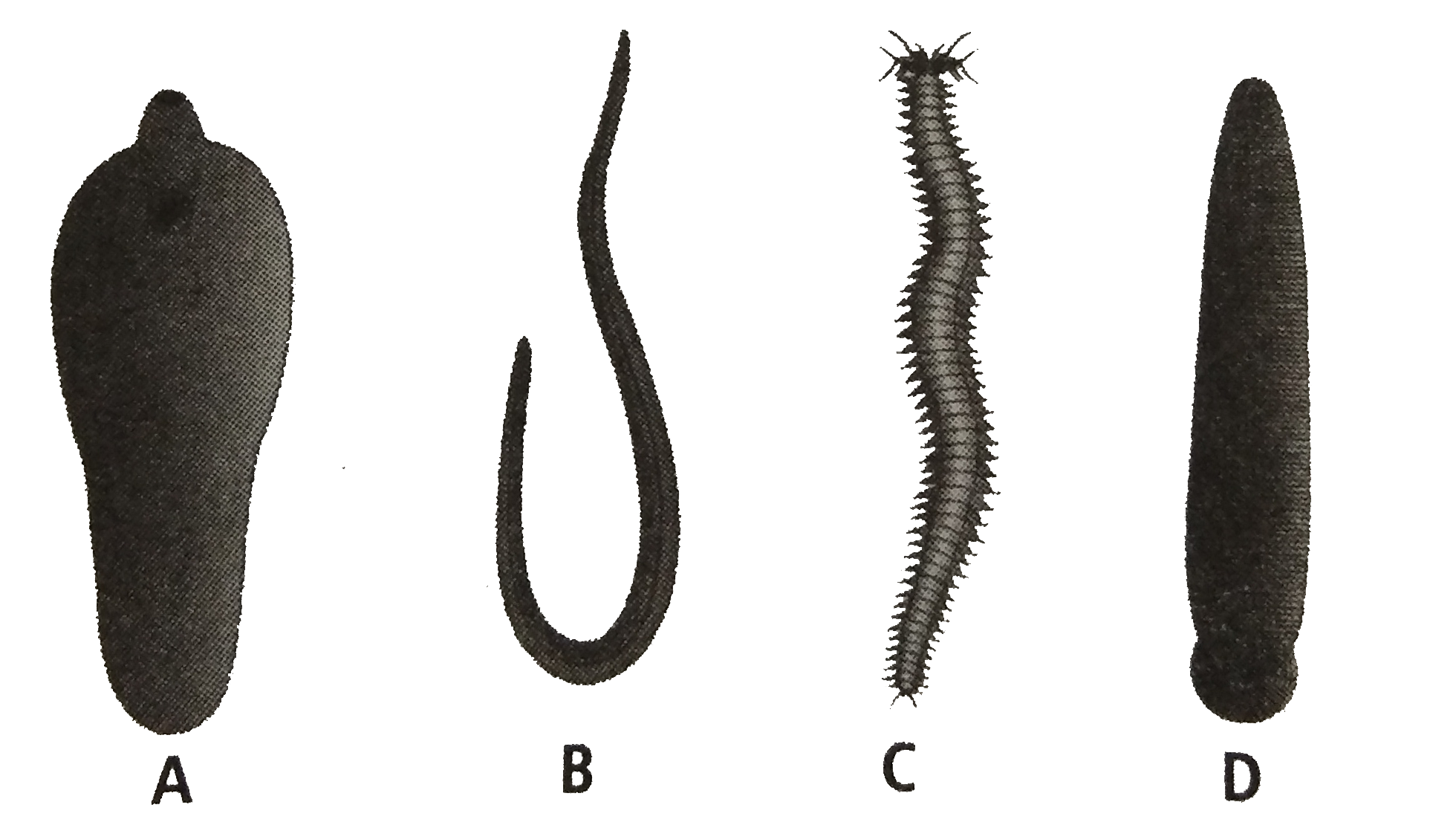
View SolutionIdentify the following animals and select the correct option
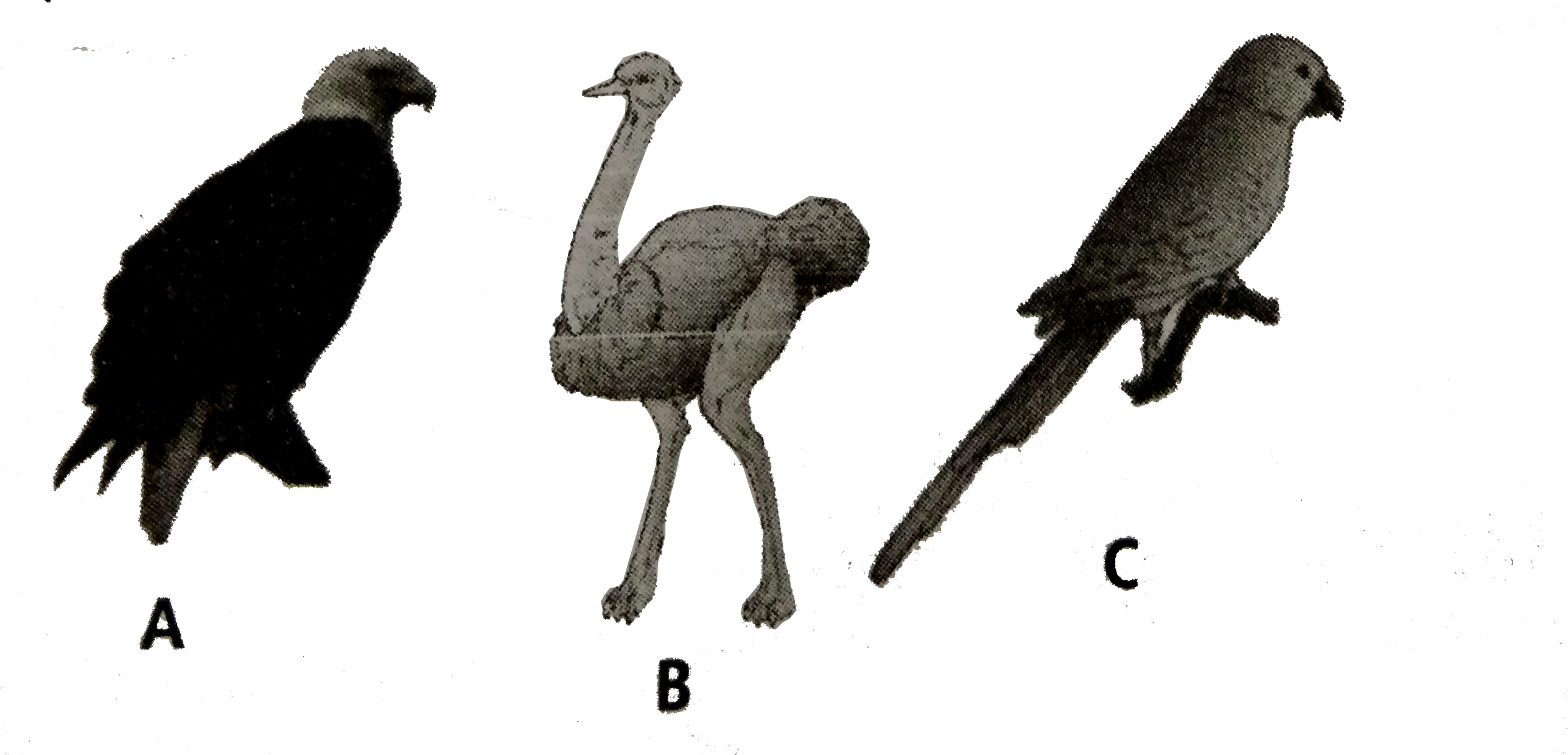
View SolutionIdentify the figures A, B ,C and D given below and select the correct option.
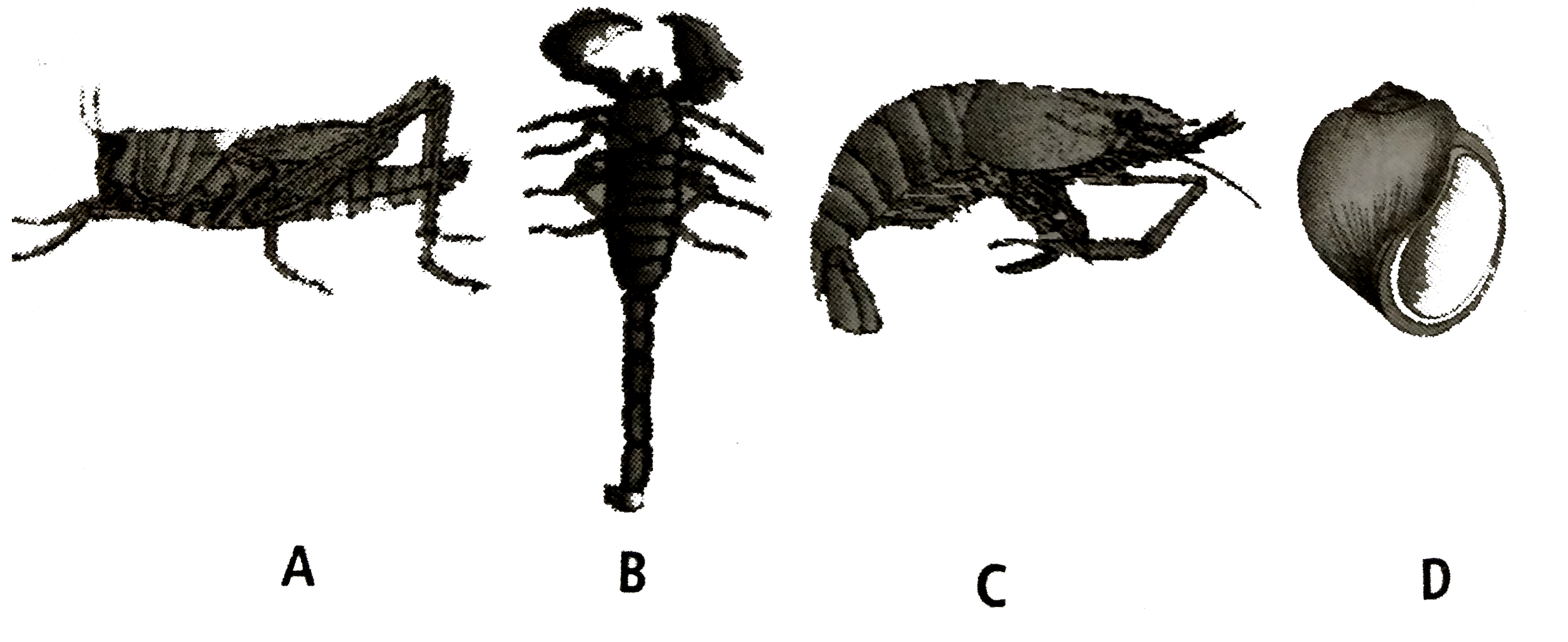
View SolutionIdentify A,B,C and D and select the right option :-
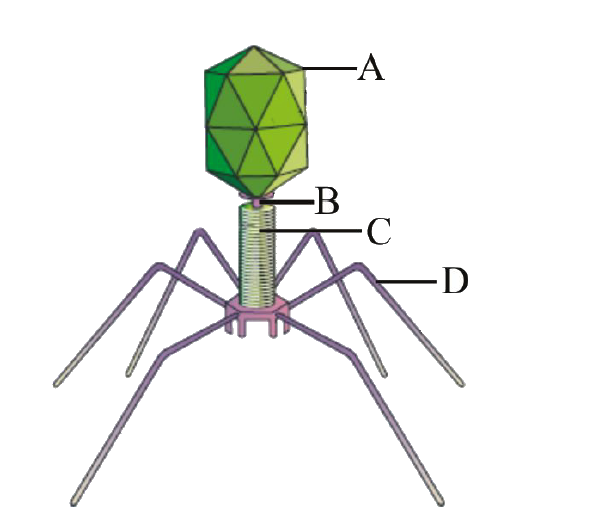
View Solution


